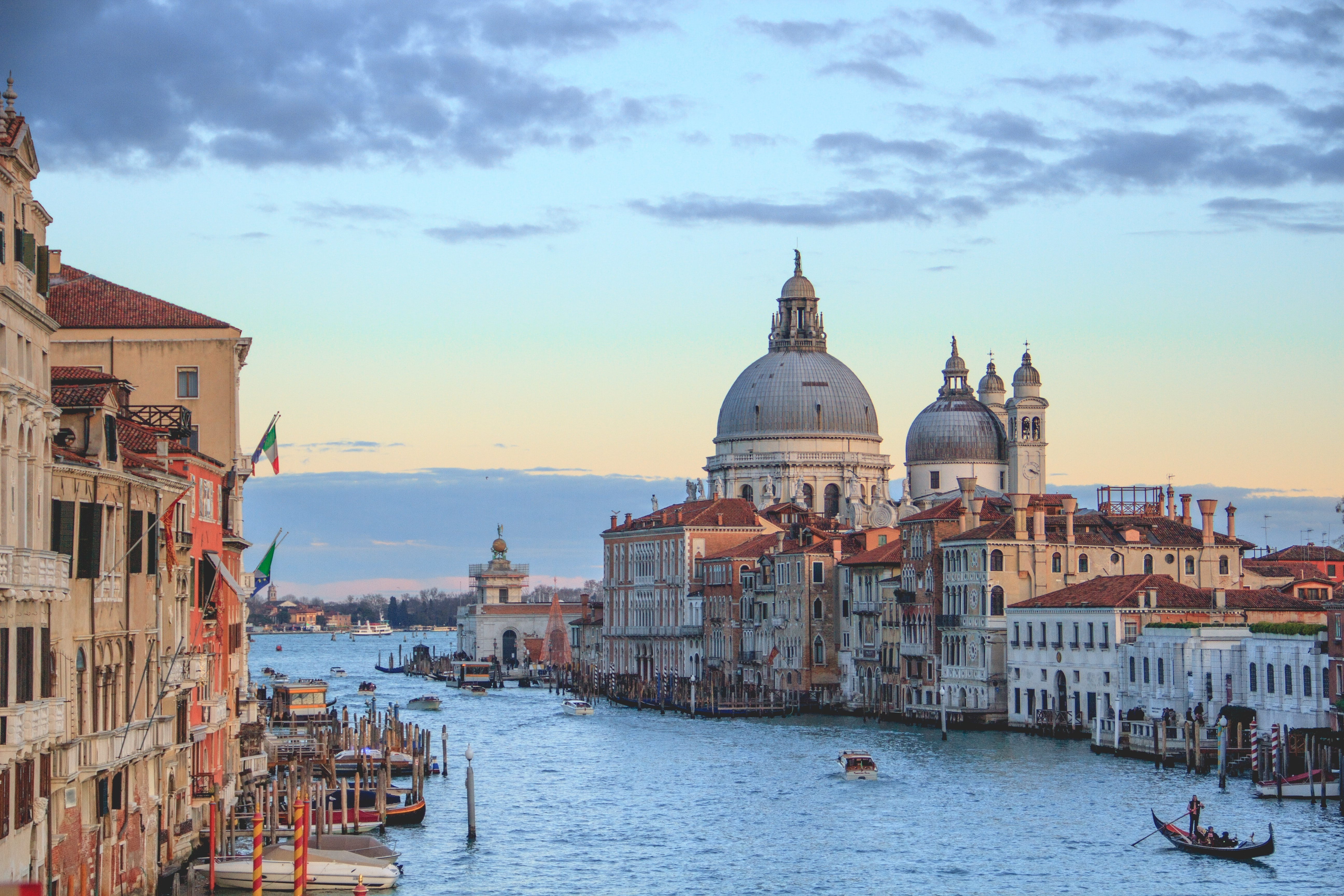
Italy’s Senate Votes Higher Gaming Taxes
Italy's Latest Tax Laws On Gaming: Biting Boost
In 2018 Italy set in place a range of stringent gaming laws. The nation voted to have a gaming ad ban essentially with all ads endorsing the commercially removed practices of igaming companies, including physical and streaming advertising channels.
After a vote by Italy's Senate on Sunday, the country's lawmakers have voted to implement new tax increases. The bill was approved in 167 in favour, and 78 against, with the whole Senate taking part.
The new budget will come into force on 1 January 2019 with legal papers being issued by the chamber of deputies on Monday 24 December. On Thursday, December 27, the budget committee will review the draft initiatives and a vote will then be held on Friday, December 28.
The steps are, suddenly suggested, a substantial rise in the current prices, with all levies increasing including: casino revenue – 25% from 20% previously; sports betting – 24% from 22% previously; virtual betting – 22% from 20% previously.
Any of these updates will take place as of 1 January 2019. The slew of raises were targeted at improving the government's total income. The online casino sector taxes alone would contribute €50 million per annum to the state's income, according to the lawmakers.
This has, naturally, sparked industry-wide responses, with logico, Italy's gaming operator group, Moreno Marasco, cautioning against the hikes, and consequences.
Mr. Marasco claims that the reforms brought into the Italian industry, like any other overbearing regulations, would drive away known and approved house brands, leaving a plurality of offshore firms.
Companies Speak Out Against the Steps
Geronimo Cardia, president of Acadi, another Italian gaming entity, expressed a similar view, saying that his company has yet to grasp the cost consequences of the latest development for the companies that work in the region. The policy was as draconian as the all-out blanket ban on ads, claimed by Mr. Cardia's colleagues.
Any market sector will be impacted, like land-based game consoles, but most specifically, the potential cumulative payouts will range between 68% and 84%, which is supposed to decrease the amount of hours people spend playing.
Looking more deeply at the tax reforms, Italy will be contributing €770m around the board in fresh revenue for the state from all available sectors of the state. And although companies have publicly expressed their fears, Italy's Prime Minister, Giuseppe Conte, has consistently said that the initiatives would strike a balance between how much operators win and how much they give back to government and their clients.
Mr Conte is known in providing regulatory initiatives for his anti-gaming stance and populist vibe. Gaming is a especially weak category since it can be argued against as an concept focused on common hate, even though the gamers in Italy are very involved.
At home killing prospects will only drive Italy's gamers to look around for alternatives. That's not the kind of consumer protection Mr Conte is looking for.





